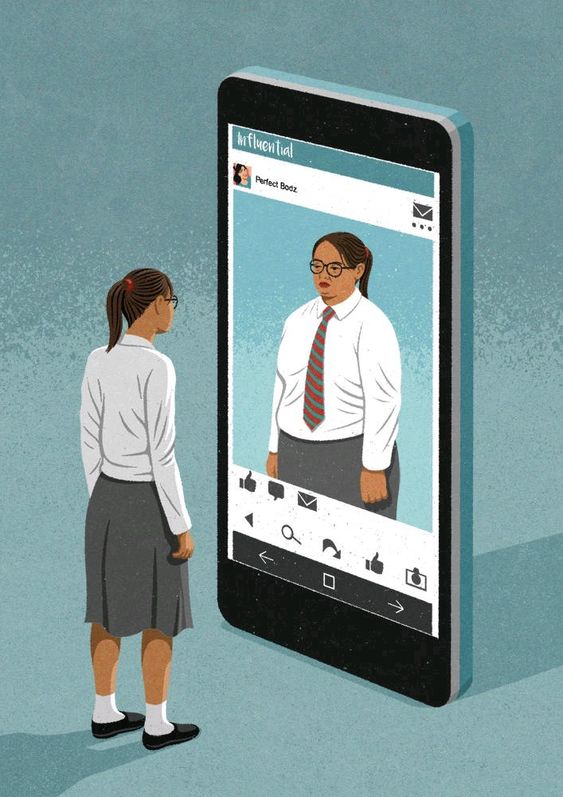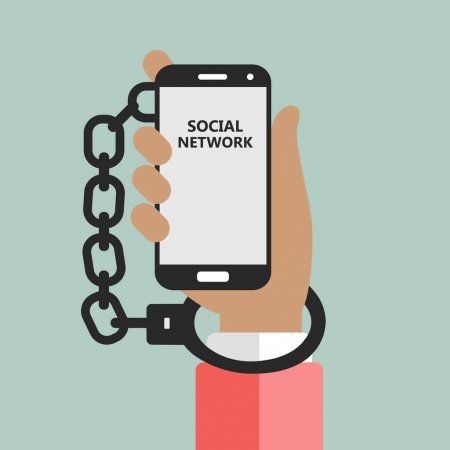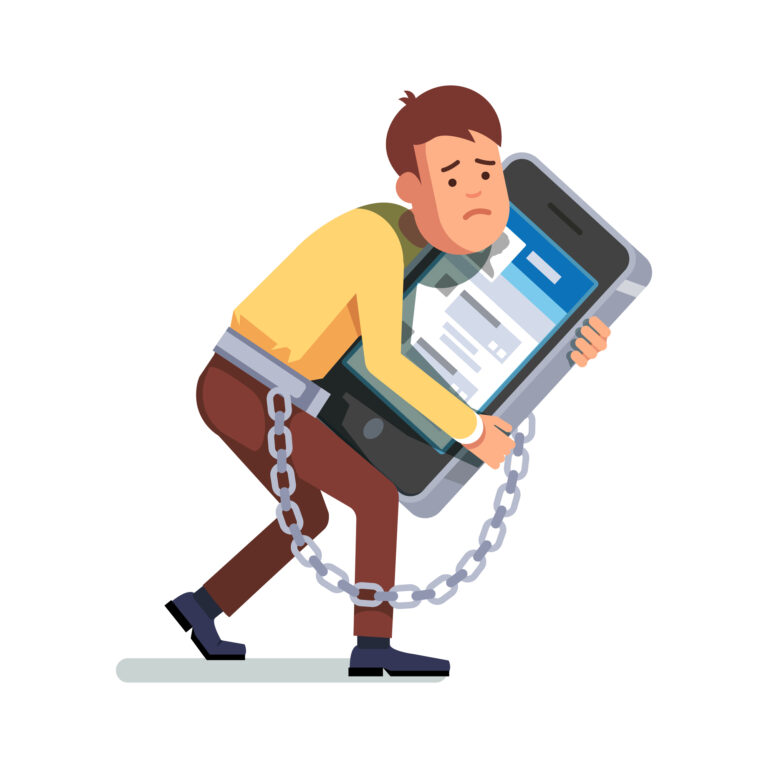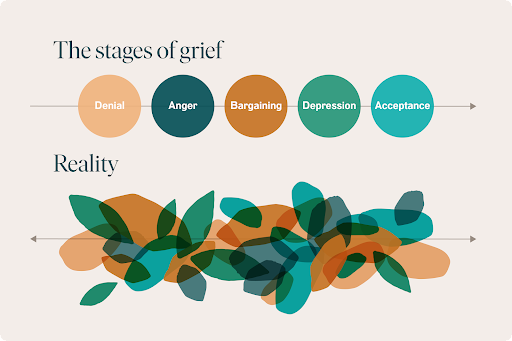7 Negative Impacts of Technology and Social Media on Psychological Well-being

Introduction
In today’s digital age, where screens have become an integral part of our day-to-day lives, the effects of technology and social media on our psychological well-being are evident. Even though most of these technological advancements have brought about convenience and connectivity, they have also ushered in a range of undesirable consequences that impact our mental health. In this blog article, we will delve into seven adverse impacts of social media and technology on our psychological well-being.
Social Comparison and Self-esteem
One of the most notable social media drawbacks is its role in fostering social comparison. For many, scrolling through curated feeds filled with filtered images of seemingly perfect lives can result in feelings of inadequacy and lowered self-esteem.
Unfortunately, most young people who use social media do not differentiate between people’s fake lives on social media and real life. When we constantly see other people’s achievements, nice bodies and happiness, we may start questioning our worth and accomplishments.
With the above, the use of social media, especially among teens, is linked to various issues, including increased anxiety and negative body image, among others. One wise man once said, “Comparison is a thug that robs you of joy”.

Fear of Missing Out (FOMO)
Another social media and technology overuse impact is the fear of missing out, often referred to as FOMO. Various social media platforms, including Facebook, Twitter, and Instagram, tend to bombard us with snapshots of our friends’ exciting experiences.
Even though, in some cases, these snapshots may provoke us to work harder, they may also make us feel like we are missing out on life. The constant pressure that we may experience from observing other people’s “perfect lives” may result in depression and anxiety.
Cyberbullying and Online Harassment
While social media platforms and technology have opened up new avenues of communication, they have also become breeding grounds for cyberbullying and online harassment.
Something like technology’s anonymity can encourage people to engage in hurtful behaviour towards each other that might not be considered in face-to-face interactions. Cyberbullying can be a traumatizing experience with profoundly traumatic and damaging impacts on one’s mental health.
Addiction and Screen Time
One of the most popular addictions nowadays is the “screen addiction”. Similar to alcohol, heroine among other substances, screen time, if not effectively managed, can result in adverse damage to our health and relationships.
Our increasing reliance on social media and technology has given rise to a concerning addiction. Screen addiction can disrupt our day-to-day lives, resulting in reduced physical activity and poor sleep, further affecting our psychological well-being.
Information Overload and Stress
In addition, the constant stream of information and news on our social media platforms can also be overwhelming. In many ways, this 24/7 news cycle, coupled with viral misinformation, may result in stress and anxiety. For social media platforms, for example, the constant notifications and updates can make it challenging to switch off and relax, perpetually keeping us on edge.
Loneliness and Isolation
Paradoxically, social media platforms designed to connect us can also foster feelings of loneliness and isolation. For young people, spending excessive time online can replace genuine human interaction. Unfortunately, such leaves us feeling emotionally isolated and disconnected. Online friendships and relationships may not fully satisfy our need for one-on-one social connections.
Privacy Concerns
Lastly, technology and social media expose us to privacy issues. Have you ever searched for a product on Amazon only to find it as an ad the next time you log in to your social media? It happens. Most of these technologies surveil our online behaviours, for example, what terms we search for, the websites we visit and our online purchases. The knowledge that our personal information is often collected, stored, and potentially misused can be deeply unsettling.
Steps Forward
In case you realize that you are already addicted to technology and social media, below are a few steps that you can take.
Digital Detox
Nowadays, many have turned to digital detox and mindfulness practices to counter the adverse impacts of technology and social media. What is a digital detox? According to a study by Radtke and his colleagues, a digital detox is a temporal and deliberate break from digital devices and online activities to regain a healthier control between the digital and the real world.

Digital Detox Steps;
- Set clear goals – why are you doing a digital detox?
- Choose the duration – How will the digital detox last? It may be a week, a weekend, 14 days, etc.
- Inform colleagues, family and friends – tell them about the digital detox plan so that they can support you and adjust their expectations regarding your availability.
- Create the detox plan – define what is allowed and what is not.
- Prepare offline activities – blogging, reading books, painting, taking a course, etc.
- Organize your environment – remove digital distractions, turn off app notifications, uninstall others, etc.
- Set boundaries
- Find an accountability partner
- Reflect and journal
- Establish a post-detox routine
Conclusion
In summary, while technology and social media have many benefits, such as effective communication and easier access to information, they have also introduced adverse challenges to our psychological well-being. The negative consequences are clear, from social comparison and FOMO to cyberbullying and addiction. Nevertheless, by being aware of these issues and taking proactive steps to manage our digital lives, we can find a healthier balance that allows us to enjoy the benefits of technology without sacrificing our mental health.






